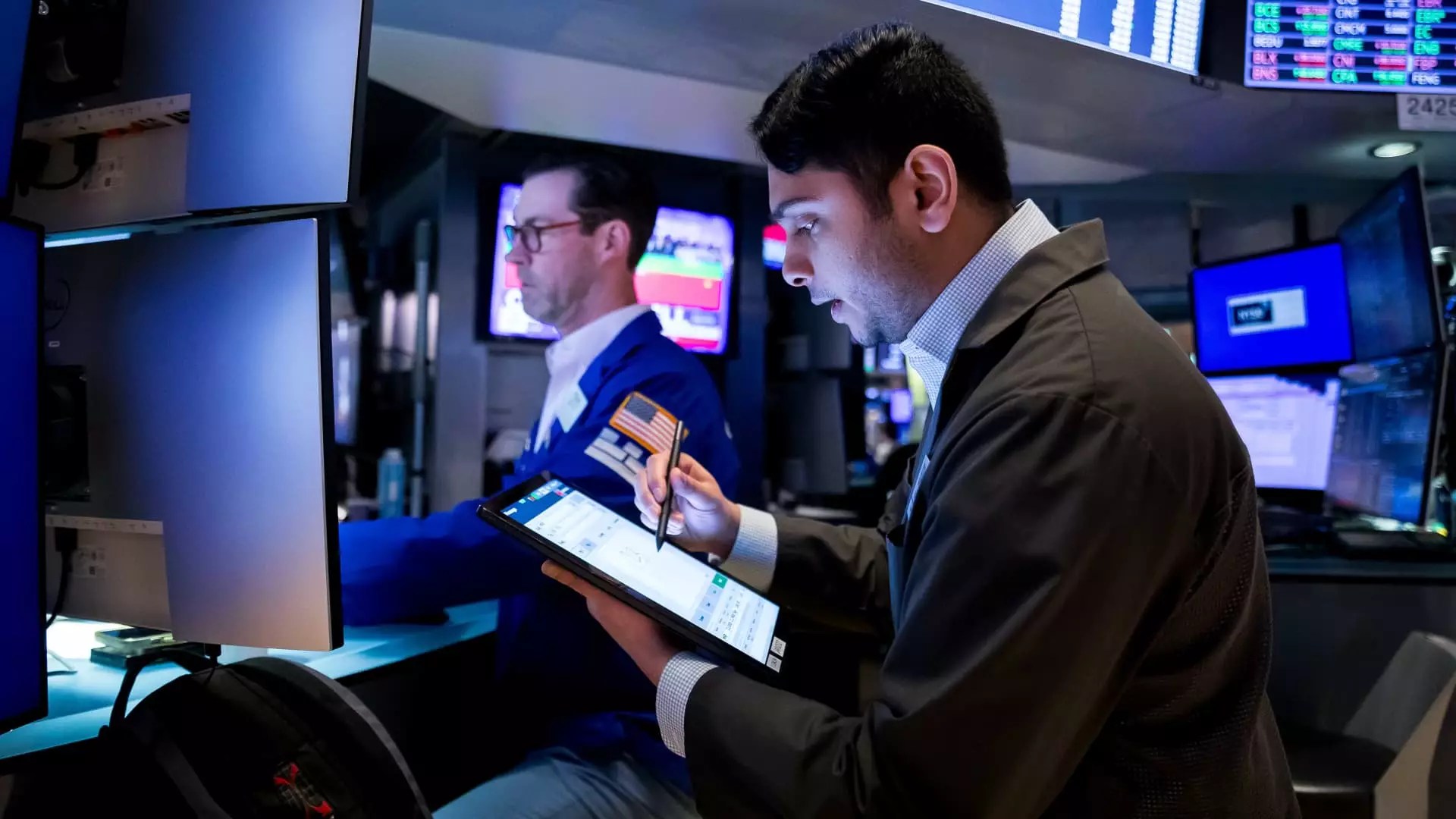As the political climate shifts in favor of President Donald Trump’s tax bill, the implications reach far beyond mere taxation debate; they may represent a critical turning point in how we view economic resilience in the United States. The recent passage of this legislation—aimed at extending tax cuts from Trump’s first term—has sparked a firestorm of discussion, with passionate viewpoints that range from fervent support to downright condemnation. For those of us leaning toward center-right policies, the bill’s potential to stimulate growth—coupled with concerns about the national debt—raises significant questions about fiscal responsibility and economic stimulation.
The debate intensifies with various provisions within the legislation, including a temporary end to taxes on tips and the bizarre allocation of $25 billion toward Trump’s “Golden Dome” missile defense system. Critics argue that this bill will further inflate the already unwieldy national debt, likely resulting in higher U.S. Treasury yields, while some Republicans are holding out for steep Medicaid cuts to gain support for the bill’s passage through the Senate. The economic ramifications are difficult to ignore; while the bill may help some stocks, particularly small-cap companies, the question remains—at what cost to the broader economy?
Opportunity Amid Controversy
Despite the cloud of discourse surrounding potential debt and social biting, Goldman Sachs has cast its net on a select group of small-cap stocks that may emerge victorious in the face of this new legislation. Their analysis led by economist Alec Phillips highlights the expected benefits arising from provisions allowing full expensing of domestic factories and favorable treatment of capital expenditure. This aligns well with small companies that have higher domestic exposure and significant capital spending requirements.
While optimism is evident among analysts, one can’t help but wonder if endorsing these stocks is chasing illusions. Will the economic gambit pay dividends, or are they merely playing a risky game with prospective volatility? Goldman’s bullish outlook suggests that companies like Kodiak Gas Services may glean new advantages. Considering that Kodiak stock was once down 16% in early 2025—with 90% of analysts advocating a buy—it paints a rather complex picture. Analysts project a stabilizing capital spending forecast combined with an increase in profit margins. This may spell success, yet it’s vital to engage in constructive skepticism rather than blind faith in institutional recommendations.
The Risks of Blind Optimism
However, the enthusiasm surrounding stocks like Shake Shack raises critical concerns. With shares dropping almost 10% already in 2025 and analysts evenly split, one wonders if this burger chain represents a sound investment or merely a product of speculative frenzy magnified by governmental influence. When the market reacts more to legislative whims than to fundamental company performance, investors may find themselves entrapped in a cycle of optimism based on shaky foundations.
Furthermore, RH—formerly Restoration Hardware—and Valvoline are positioned snugly in Goldman Sachs’ radar. While it paints an appealing image for investors, it’s prudent to scrutinize these selections deeply. What do we know about the sustainability of consumer spending in this economic climate? Are the expected benefits from tax cuts sustainable, or do they merely represent a brief respite in a more considerable economic downturn?
The temptation to hop on the Goldman bandwagon for a quick gain is palpable, but investment should be rooted in sound analysis rather than mere speculation. Each stock touted as a beneficiary of this bill must be evaluated with rigorous examination and not simply formulated assumptions born from political machinations.
Charting a Responsible Path Forward
As we navigate this complex political and economic terrain, it’s paramount for investors to stay informed while also exercising fiscal prudence. The optimistic potential lying within proposed legislation must be weighed against potential dangers. With the looming specter of escalating national debt and inflation, the stakes have never been higher. Balancing the excitement over small-cap gains with a responsibility toward long-term economic health should be the guiding principle in investment decisions.
For investors intrigued by the promise of numbers and dynamics in Trump’s tax bill, taking a moment to reflect on broader underlying trends is essential. Too often, the rush for immediate profits obscures long-term vision, leading to financial miscalculations that can affect not just portfolios but personal livelihoods as well. With 2025 designating a pivotal year for America, it’s time to contemplate profoundly the economic policies we support and how they reflect our responsibility toward future generations.


Leave a Reply